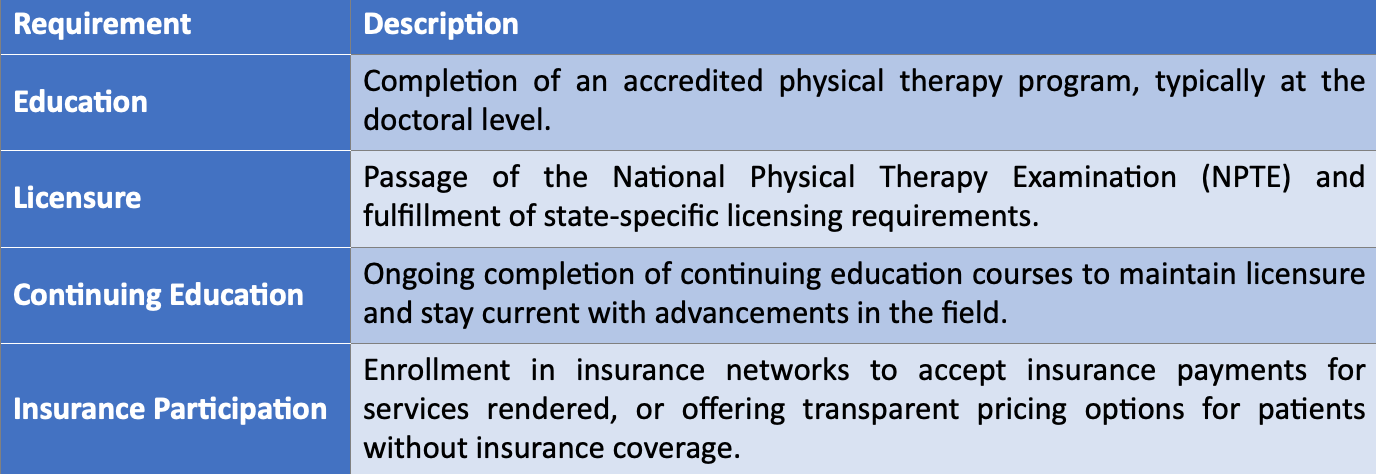By understanding and addressing legal considerations, wellness professionals can provide high-quality care while navigating the complexities of the legal landscape.
In the complex world of healthcare, legal considerations are paramount, especially within the wellness industry. From regulations governing alternative therapies to patient rights and medical malpractice, understanding the legal landscape is essential for healthcare providers and patients alike. Today, we delve into the intricate relationship between the legal system and wellness. Through exploring the legal landscape, we aim to shed light on the various aspects that influence and shape the wellness industry nowadays. Let’s explore the key legal aspects impacting healthcare today.
Understanding the Legal Aspects of the Wellness Industry
Navigating the legal intricacies of the wellness industry requires a comprehensive understanding of regulatory frameworks and compliance standards. From HIPAA regulations safeguarding patient privacy to licensing mandates ensuring competency, compliance is non-negotiable.
- HIPAA Compliance: The Health Insurance Portability and Accountability Act (HIPAA) establishes strict guidelines for handling protected health information (PHI). Practitioners must ensure compliance to protect patient privacy and avoid legal repercussions.
- Licensing and Certification: Each wellness profession has specific licensing and certification requirements, ensuring practitioners meet competency standards. Understanding these requirements is crucial to maintaining legality and upholding professional standards.
Legal Considerations for Wellness Professionals
For wellness professionals, adherence to legal requirements is not only a matter of compliance but also ethics and patient safety. Understanding legal considerations ensures practitioners deliver quality care while mitigating potential risks.
- Scope of Practice: Practitioners must operate within their defined scope of practice to avoid legal issues. This includes understanding the limits of their training and expertise to provide safe and effective care.
- Informed Consent: Obtaining informed consent from patients is a legal and ethical obligation. It involves ensuring patients fully understand proposed treatments, including risks and benefits. Documenting informed consent conversations is essential to mitigate legal risks.
Current Legal Issues Impacting Healthcare
The healthcare landscape is constantly evolving, with new legal issues emerging regularly. Staying informed is crucial for navigating the complex legal terrain.
- Telemedicine Regulations: The rise of telemedicine has prompted new legal aspects, including licensure requirements and reimbursement policies. These regulations are essential for practitioners offering remote healthcare services.
- Reimbursement Challenges: Addressing reimbursement challenges is crucial for ensuring patients can access affordable care. This includes insurance coverage limitations and exploring alternative payment models.
Licensing and Certification Requirements in the Physical Therapy Sector
Physical therapy is a vital component of healthcare, but practitioners must meet specific licensing and certification requirements to practice legally and effectively.

In this scenario, navigating physical therapy without insurance cost poses significant challenges for both patients and practitioners alike. While insurance coverage may alleviate financial burdens for some, many individuals face barriers to accessing essential rehabilitation services due to cost concerns.
For practitioners, offering transparent pricing options and flexible payment plans is essential to ensure affordability and accessibility. Patients, on the other hand, must explore alternative funding sources, such as health savings accounts or flexible spending arrangements, to offset out-of-pocket expenses. By addressing the issue of physical therapy without insurance cost, both parties can work towards improving healthcare accessibility and promoting holistic wellness for all. For further insights, you can explore this comprehensive guide on physical therapy costs without insurance.
Conclusion
Summing up, legal aspects profoundly impact the wellness industry and healthcare as a whole. Practitioners must stay informed about regulatory requirements, maintain ethical standards, and prioritize patient safety. By understanding and addressing legal considerations, wellness professionals can provide high-quality care while navigating the complexities of the legal landscape. Remember, addressing concerns like physical therapy without insurance cost not only promotes accessibility but also improves trust and transparency within the healthcare community.


Join the conversation!